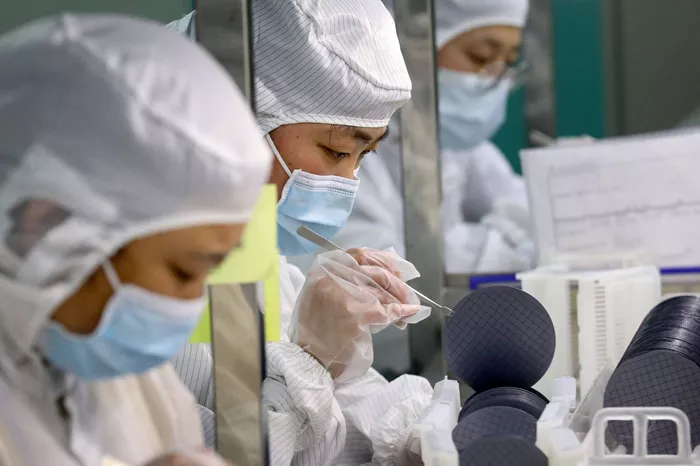China is taking significant steps to boost its economy by opening its manufacturing and health care sectors to foreign investors. The latest move comes as the country looks to revitalize its economy, the second largest in the world, by removing barriers to overseas capital. This initiative is expected to attract global investors, stimulate growth, and foster innovation across multiple industries.
Starting from November 1, China will lift all remaining restrictions on foreign investments in the manufacturing sector. This was announced in a statement by the National Development and Reform Commission (NDRC) on Sunday. Additionally, the government will reduce the list of industries where foreign investment is still restricted, creating more opportunities for international businesses.
In addition to manufacturing, China is encouraging further foreign involvement in its service sector. Authorities are considering policy revisions aimed at expanding access for foreign investors in this industry as well. This move aligns with China’s broader strategy to encourage the participation of overseas investors in the services market.
China also revealed new policies aimed at opening up its health care sector to foreign capital. This will allow foreign investors to contribute to the development and application of advanced medical technologies, such as stem cells and gene therapy, in specific pilot free trade zones. These zones include Beijing, Shanghai, Guangdong, and Hainan. Once products are approved for production and use in these zones, they will be made available throughout the country.
Furthermore, China is allowing the establishment of wholly foreign-owned hospitals in several major cities, including Beijing, Shanghai, Guangzhou, and Shenzhen. However, public hospitals and traditional Chinese medicine facilities will remain off-limits to foreign acquisition.
China’s decision to open its manufacturing and health care sectors to foreign investors marks a significant shift in its economic strategy. By welcoming international capital, the government aims to drive innovation and promote economic growth. The policy changes, which come into effect immediately, are expected to create new opportunities for foreign businesses and further integrate China into the global economy.
Related articles:
Eu Parliament Approves New Toy Safety Rules, Focuses On Harmful Chemicals And Digital Risks
Cancer Care In Focus: Global Leaders To Convene In Geneva
Air Pollution And Its Role In Dementia: Unveiling The Connection


